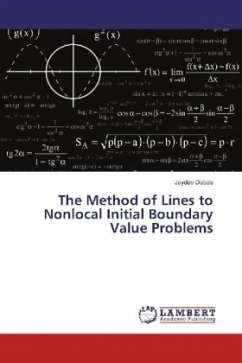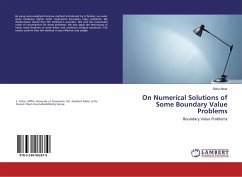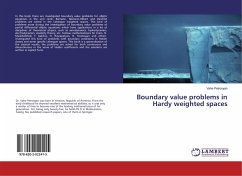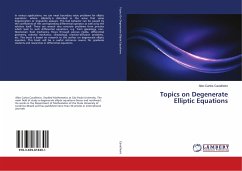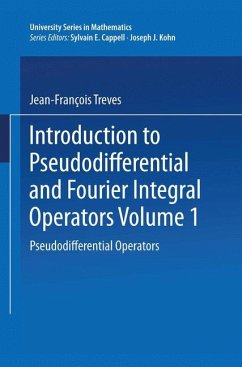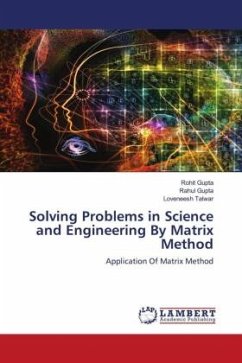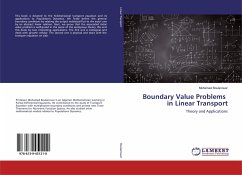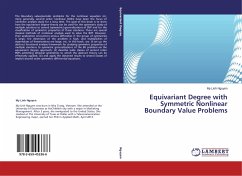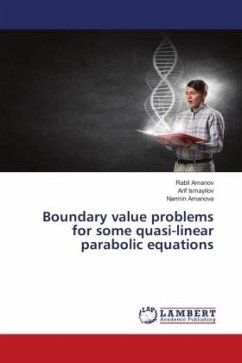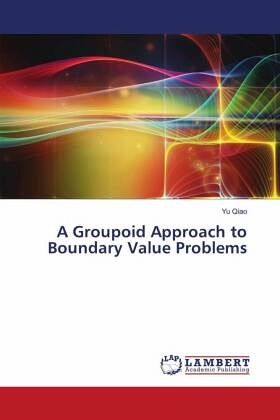
A Groupoid Approach to Boundary Value Problems
Versandkostenfrei!
Versandfertig in 6-10 Tagen
27,99 €
inkl. MwSt.

PAYBACK Punkte
14 °P sammeln!
The method of layer potentials is one of the classical approaches to solving boundary value problems for elliptic differential equations. This method reduces the original problem to that of inverting an operator of the form '1/2+K' on appropriate function spaces on the boundary. If the boundary is smooth, then the double-layer potential operator K is compact; hence, '1/2+K' is Fredholm of index zero. However, if the boundary is non-smooth, the operator K is no longer compact. This book delves into the method of layer potentials on certain domains with singularities from a groupoid perspective....
The method of layer potentials is one of the classical approaches to solving boundary value problems for elliptic differential equations. This method reduces the original problem to that of inverting an operator of the form '1/2+K' on appropriate function spaces on the boundary. If the boundary is smooth, then the double-layer potential operator K is compact; hence, '1/2+K' is Fredholm of index zero. However, if the boundary is non-smooth, the operator K is no longer compact. This book delves into the method of layer potentials on certain domains with singularities from a groupoid perspective. Through a desingularization process and integration of Lie algebroids, we can construct a Lie groupoid that encodes the geometry and singularities of the domain. Subsequently, we can identify the operator K with an invariant family of that Lie groupoid. By applying techniques from C_-algebras and Lie groupoids, we can establish the Fredholm property of the operator '1/2+K'.



